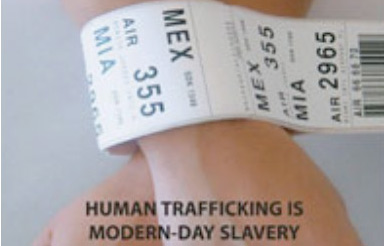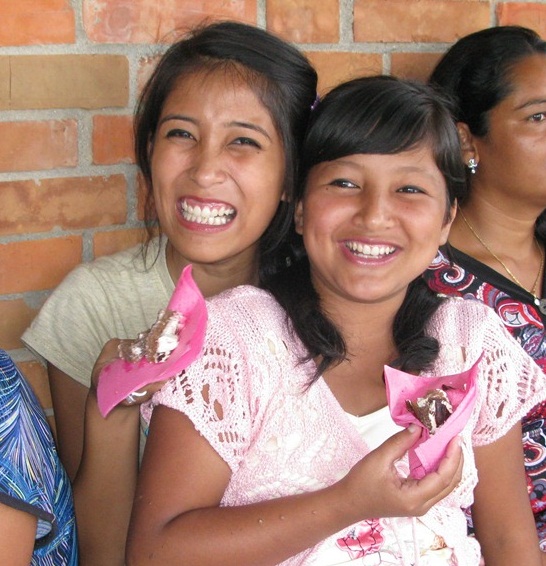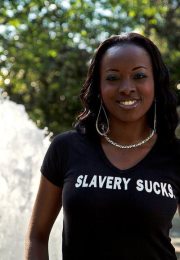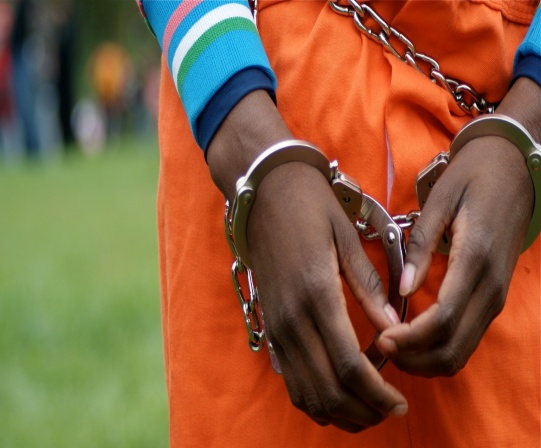Matt knew he wanted to host an awareness event, after taking the pledge and becoming a Defender. His goal was to organize an event that would both attract men and raise awareness about sex trafficking.
So, he organized a Texas Hold ‘Em tournament and called it “Hold ‘Em for Freedom.”
The premise? Educating men about sex trafficking while playing poker.
At the event, Matt had tables set up with facts about sex trafficking, books on the issue, and a laptop playing the full-length “DEMAND” video. Matt began the event with a presentation by dispelling 3 myths about sex trafficking. “(One), that most women choose to become prostitutes, (two), that sex trafficking doesn’t happen here, and (three), that there is nothing we can do about it,” he said.
He challenged men to take the pledge, and set up laptops for them to sign up as Defenders or donate.
The turnout was great, and by the end, “Hold ‘Em for Freedom” resulted in over $1,000 being raised for victims of sex trafficking.
“I believe that sex trafficking will continue to be a weight on my heart,” said Matt. “(It) will therefore have a place in whatever ministry God places before me.”
We salute you, Matt. And we’re proud to call you a fellow Defender.
 By Anne Reilly
By Anne Reilly Though the TVPA provides a strong legal platform, many states are lacking laws on the issue. Shared Hope spearheaded the effort to make sex trafficking a priority issue in states by creating the
Though the TVPA provides a strong legal platform, many states are lacking laws on the issue. Shared Hope spearheaded the effort to make sex trafficking a priority issue in states by creating the  Hanna never knew her birth date, so when her loving new family realized it had been a year since she was set free, they blessed her by celebrating the one year anniversary of her rebirth into freedom, complete with a surprise party.
Hanna never knew her birth date, so when her loving new family realized it had been a year since she was set free, they blessed her by celebrating the one year anniversary of her rebirth into freedom, complete with a surprise party.
 I was manipulated to become the pimp’s “bottom girl” through the promise of school. I knew the first night he forced me to sell my body that I was not comfortable in that life but I was beaten to the point of unconsciousness for telling him I wanted out. Then, the same man who beat me so badly, turned into prince charming. Apologizing and affirming that I will go back to school.
I was manipulated to become the pimp’s “bottom girl” through the promise of school. I knew the first night he forced me to sell my body that I was not comfortable in that life but I was beaten to the point of unconsciousness for telling him I wanted out. Then, the same man who beat me so badly, turned into prince charming. Apologizing and affirming that I will go back to school.





